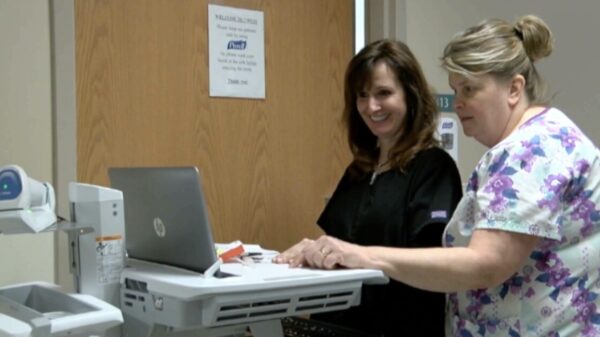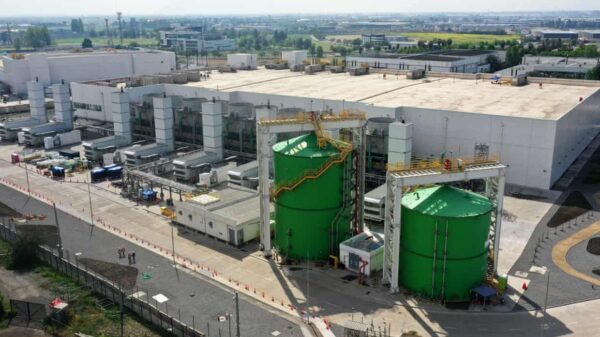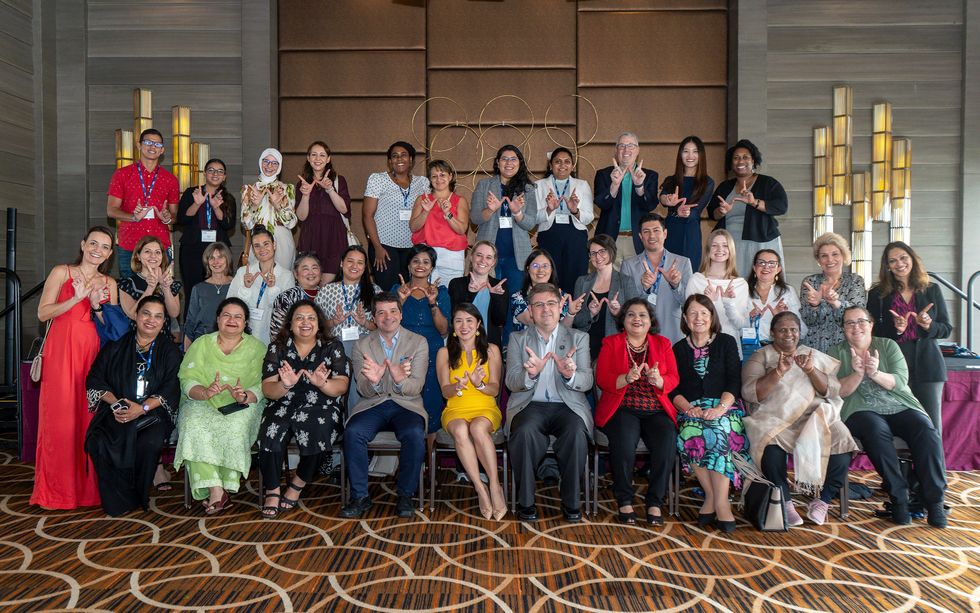Volunteering has emerged as a significant avenue for professional growth, offering individuals the chance to enhance their skills while contributing to their communities. Engaging in volunteer work can lead to valuable experiences that extend beyond traditional career development. This has been increasingly recognized by organizations and professionals alike.
The concept of volunteering is not limited to the altruistic act of giving back. Many have discovered that the skills gained through volunteering can play a crucial role in personal and professional development. For instance, participation in community organizations or nonprofit activities can provide hands-on experience that enhances one’s qualifications. According to Garen Staglin, co-founder of One Mind at Work, volunteering not only supports mental well-being by reducing stress but also fosters the release of positive hormones such as dopamine.
Five Key Benefits of Volunteering
The advantages of volunteering are widely acknowledged, but their impact on professional growth can be more profound than many realize. Here are five ways that volunteering serves as a springboard for career advancement:
1. **Skill Development Across All Career Stages**: Volunteering is beneficial for professionals at any point in their careers. It can bolster the confidence of mid-career individuals, enabling them to refine their abilities and tackle new challenges. For those in senior roles, volunteering can facilitate networking opportunities, allowing for the exchange of fresh perspectives outside of traditional industry confines.
2. **Enhanced Networking**: Engaging in volunteer work allows individuals to connect with a diverse group of people. This networking can lead to collaborative opportunities that might not be available in typical work settings, fostering relationships that can benefit one’s career in the long run.
3. **Increased Job Satisfaction**: Many individuals find that volunteering enhances their overall job satisfaction. The fulfillment gained from contributing to a cause can provide a sense of purpose that translates into higher motivation in a professional environment.
4. **Improved Resume**: While the intrinsic rewards of volunteering are substantial, it also offers practical benefits. Skills and experiences gained through volunteer work can be highlighted on resumes, showcasing initiative and community involvement to potential employers.
5. **Community Engagement**: Organizations that provide volunteering opportunities create a culture of active investment in personal and professional development. This can result in a more engaged and committed workforce, benefiting the organization as a whole.
Positioning Volunteer Opportunities as Valuable Assets
Organizations such as IEEE can leverage the benefits of volunteering as a key component of their member services. By marketing these opportunities as top-tier benefits, they can inspire participation among members. Even for those who may not volunteer regularly, the awareness of available opportunities can foster a sense of community and commitment.
Volunteering is a powerful tool for personal growth, allowing individuals to gain experience, develop new skills, and build valuable networks. Its impacts are felt across various sectors, making it an essential component of professional development strategies. As more people recognize the multifaceted benefits of volunteering, it is likely to continue serving as a catalyst for growth in the professional landscape.
































































